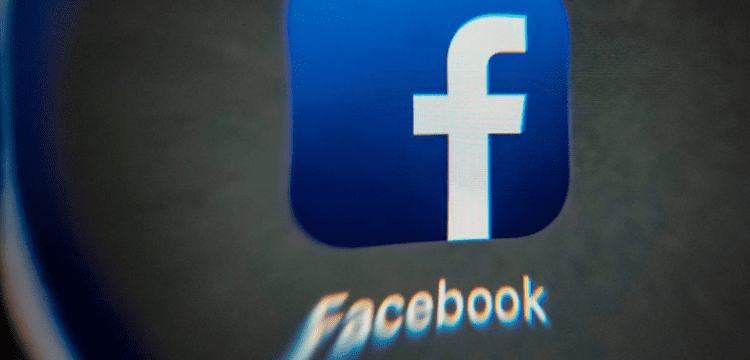[vc_row][vc_column][vc_column_text dp_text_size=”size-4″]Using a new revenue stream that has had mixed results for smaller rival Twitter, Facebook-parent Meta has introduced a subscription service called Meta Verified that will allow users to add the coveted blue check mark to their Instagram and Facebook accounts for up to $15 a month by verifying their identity.
The subscription service costs $11.99 per month on the web or $14.99 on Apple’s iOS and Google’s Android, with initial rollouts beginning this week in New Zealand and Australia. Users will be able to utilise their government-issued ID cards to prove their identification using Meta.
According to Zuckerberg in a Facebook post, Meta Verified “is about boosting authenticity and security across our services.” He stated that “additional countries shortly” would be added to the subscription service list without providing a timeframe. We’ve enquired further about Meta, and when we hear back, we’ll update this report.
Following Apple’s decision to implement strict privacy changes on iOS that limit the social firm’s ability to track users’ internet activities, Meta’s revenues have suffered in recent years. For more than 15 years since its founding, Meta has chosen not to charge its customers for the majority of its services. The company founded by Zuckerberg, which derives almost all of its revenue from advertising, said last year that Apple’s decision would be costly.
“In the long run, we want to create a subscription service that benefits creators, companies, and our community as a whole. In order to broaden access to verification and give more users confidence that the accounts they interact with are real, we are altering the meaning of the verified badge as part of this objective, wrote Meta in a blog post.
Social networking companies are increasingly using subscription services.
The announcement on Sunday comes after social media platform Snap introduced its own subscription service last year, through which it has already turned over a million users into paying customers, and Elon Musk redesigned Twitter Blue, the company’s subscription service, to offer a number of new features, including the blue check mark.
Musk, a vocal critic of Facebook services, is betting on turning Twitter Blue into a major revenue driver for Twitter, which he acquired last year for $44 billion.
The blue checkmark has long been one of the coveted features on social media platforms. Previously it was reserved for public figures such as lawmakers, actors, musicians, sports athletes and journalists.
Musk has lambasted the idea, arguing that the feature should be open to all. Those who attained the blue tick mark outside the Twitter Blue subscription will lose it eventually, he has previously stated.
“As we test and learn, there will be no changes to accounts on Instagram and Facebook that are already verified based on prior requirements, including authenticity and notability,” said Meta.
Meta, whose shares have rebounded in recent weeks, is also reeling from a harsh markets response to its grand metaverse vision. The company, which has laid off about 11,000 employees in the past two months, has pledged to cut down its spendings on the metaverse ambitions. It’s reportedly planning another layoff round, soon.
“The thing about religion is that it requires a leap of faith. Belief in something that you may not ever be able to conclusively prove. And there will be moments that will test that faith, moments that make you question everything you had previously accepted as fact. Dramatics aside, 2022 was a challenging year for believers in the House of Zuck with many pushed to the brink or throwing in the towel culminating in the capitulation we saw last quarter,” analysts at Bernstein wrote in a note this month.
“But it appears that Meta has found their own religion on efficiency/profitability and investors now find a leaner, sharper company before them.”
[/vc_column_text][/vc_column][/vc_row]











